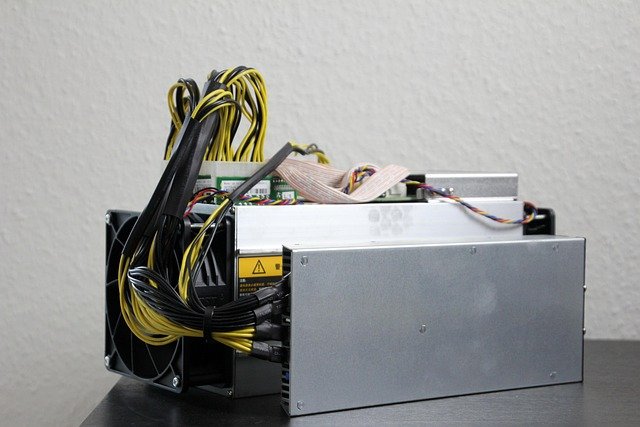Introduction
Bitcoin is more than just a buzzword—it’s the pioneer of the cryptocurrency revolution. Launched in 2009, Bitcoin set the stage for decentralized digital money and continues to dominate the market in 2025. In this article, we’ll explore what Bitcoin is, how it works, why it matters, and whether it still has a future.
What Is Bitcoin?
Bitcoin (BTC) is a decentralized digital currency created by an anonymous entity known as Satoshi Nakamoto. It allows peer-to-peer transactions without the need for a central authority like a bank or government.
Bitcoin’s key features include:
- Fixed Supply: Only 21 million Bitcoins will ever exist.
- Decentralization: No single entity controls it.
- Security: Built on blockchain and cryptographic protocols.
How Does Bitcoin Work?
Bitcoin runs on its own blockchain—a public ledger where all transactions are recorded. Here’s how it functions:
- Transactions: A user sends BTC to another user via a Bitcoin wallet.
- Verification: Thousands of nodes verify the transaction using consensus mechanisms.
- Mining: Miners solve cryptographic puzzles to add the transaction to the blockchain.
- Reward: Miners receive new BTC as a reward (currently through “block rewards”).
Why Bitcoin Matters
- Digital Gold: Often referred to as “digital gold,” Bitcoin is seen as a store of value, especially during economic instability.
- Inflation Hedge: With a capped supply, Bitcoin offers protection against inflation.
- Global Accessibility: Anyone with internet access can use Bitcoin, offering financial freedom in regions with unstable currencies.
- Decentralization: Bitcoin empowers users by removing reliance on intermediaries.
Bitcoin vs. Traditional Money
| Feature | Bitcoin | Fiat Currency |
|---|---|---|
| Supply | Fixed (21 million) | Unlimited, inflationary |
| Control | Decentralized | Central banks/governments |
| Transaction Speed | Slower, but borderless | Fast domestically |
| Anonymity | Pseudonymous | Linked to identity |
| Accessibility | Global and digital | Limited by geography |
Is Bitcoin Still a Good Investment in 2025?
Bitcoin remains a dominant player in the crypto world, but like all assets, it comes with risks and rewards:
Pros:
- Strong historical performance
- High liquidity
- Growing institutional interest
Cons:
- Price volatility
- Regulatory uncertainty
- Environmental concerns (though decreasing due to greener mining solutions)
Always do your own research and consider your risk tolerance before investing.
How to Buy and Store Bitcoin
- Choose an Exchange: Coinbase, Binance, Kraken, etc.
- Set Up a Wallet:
- Hot Wallet: Software-based, easy to use
- Cold Wallet: Hardware-based, more secure
- Buy BTC: Use fiat money or other cryptos to purchase
- Secure Your Keys: Never share your private key or seed phrase
The Future of Bitcoin
Bitcoin’s impact continues to grow, influencing financial systems, tech development, and public policy. With ongoing improvements like the Lightning Network (for faster, cheaper transactions) and greater mainstream adoption, Bitcoin remains a central figure in the crypto space.
Conclusion
Bitcoin is the original cryptocurrency that ignited a global movement. Whether you view it as a store of value, a new form of money, or a technological breakthrough, understanding Bitcoin is essential for anyone entering the world of crypto. Stay curious, stay informed, and always invest wisely.
